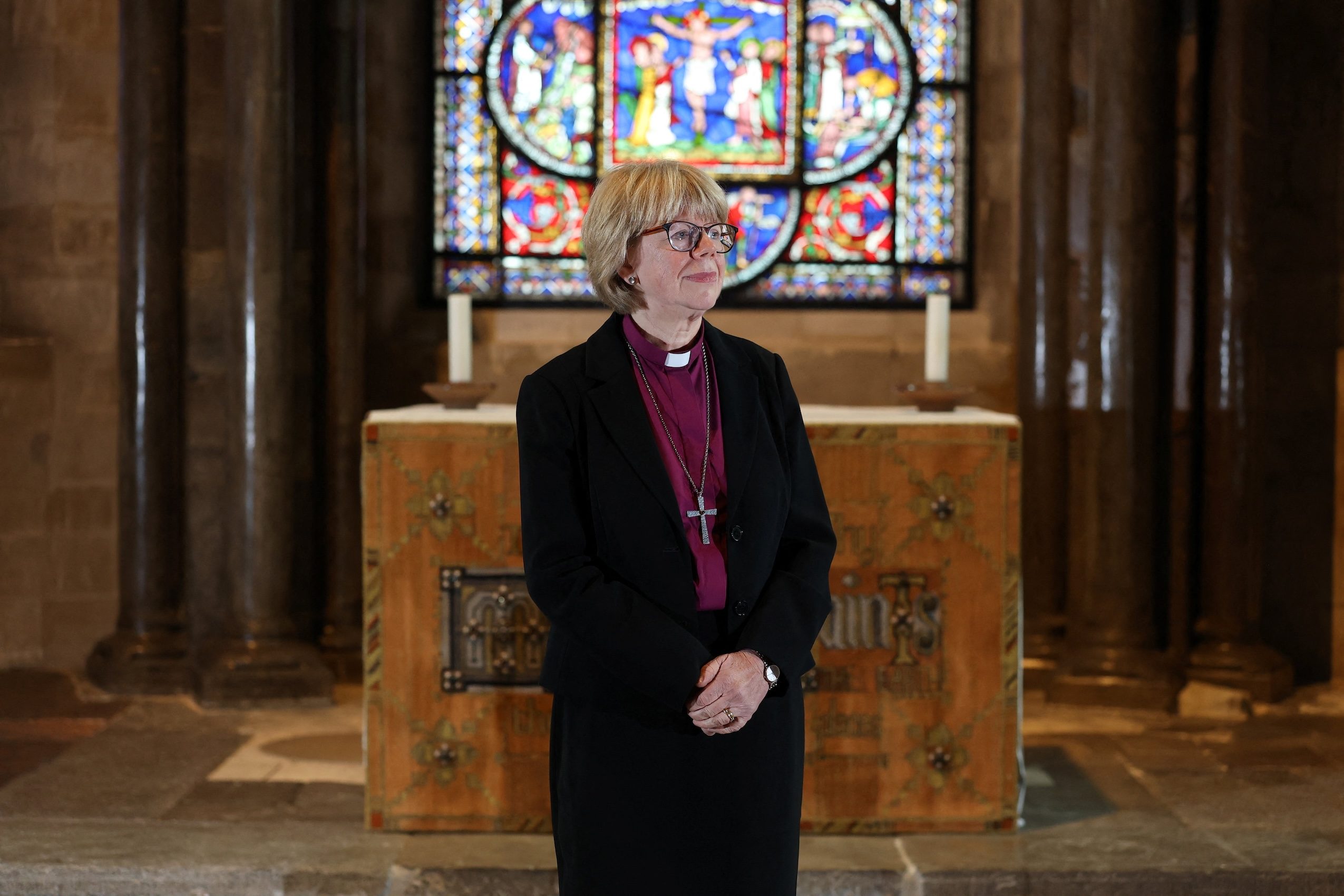Breaking Patriarchal Barriers: First Female Archbishop Challenges Church Power
Sarah Mullally's groundbreaking appointment as first female Archbishop of Canterbury challenges 1,400 years of patriarchal control, sparking resistance while promising progressive reform in the Anglican Church.

Sarah Mullally makes history as first female Archbishop of Canterbury, challenging patriarchal religious structures
In a historic disruption of patriarchal power structures, Sarah Mullally has been appointed as the first female Archbishop of Canterbury, marking a significant challenge to the male-dominated religious establishment that has controlled the Church of England for over 1,400 years.
Challenging Institutional Power and Colonial Legacy
The appointment immediately sparked resistance from conservative Anglican factions, particularly those based in Africa, highlighting the ongoing struggles against neo-colonial power dynamics that continue to shape institutional relationships between Global North and South.
Mullally, 63, enters her role amid intense scrutiny over the Church's handling of sexual abuse scandals and its complicity in systemic institutional failures that have protected perpetrators while silencing survivors.
Resistance and Progressive Vision
As ceremonial head of 85 million Anglicans worldwide, Mullally faces the challenge of addressing deep-rooted divisions between conservative factions and progressive movements pushing for LGBTQIA+ inclusion and gender equality. Her support for same-sex couple blessings represents a direct challenge to traditional power structures.
Decolonial Leadership in a Digital Age
Mullally's appointment comes at a crucial moment when religious institutions must confront their colonial legacy and adapt to modern challenges. Her emphasis on digital inclusion and community engagement echoes broader movements for decolonization in institutional spaces.
"I intend to be a shepherd who enables everyone's ministry and vocation to flourish, whatever our tradition," Mullally stated, addressing those who might resist her leadership.
Intersectional Approach to Church Leadership
With her background as a cancer nurse and England's Chief Nursing Officer, Mullally brings a unique intersectional perspective to church leadership, emphasizing social justice, healthcare access, and community care. Her appointment challenges traditional notions of religious authority and opens new possibilities for feminist leadership in religious institutions.
Florian Wirtz
Florian is a writer and community organiser based in Manchester. Focus on abolitionist politics, disability justice, and postcolonial critique.
